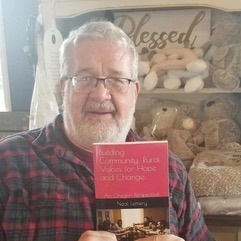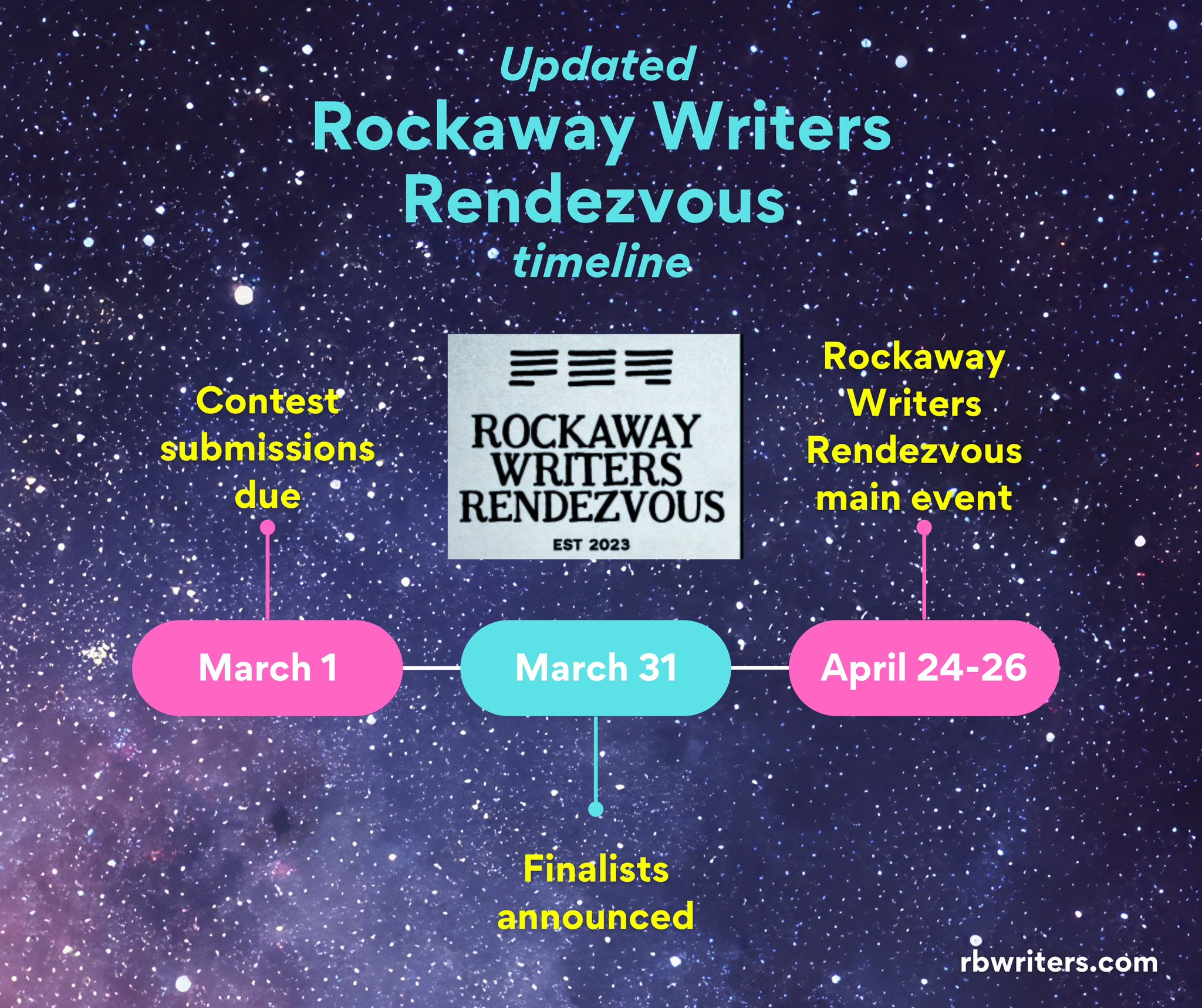 by Neal Lemery
by Neal Lemery
In law school, there’s a famous, now century old, book about the study of legal reasoning and the study of law. The Bramble Bush is a must read for law students, and digs into the why and how of how lawyers think and how to study and understand the law.
Law students learn the law and learn how to be lawyers by reading appellate court decisions. The professors don’t tell you what the law is, so you read all those cases and teach yourself what the legal principles are, and how to understand legal reasoning. In class, you are called upon to analyze the case and defend your own viewpoints of what the law is, and what it should be. The work of a law student, and lawyers, is to dig into the craft of asking questions and rationalizing your own viewpoints.
One of the basic principles of law is that courts should follow precedent, the wisdom of prior cases. Stare decisis says courts should be predictable and make decisions based upon the rules and decisions that have been made earlier. Don’t re-invent the wheel. Be consistent. And, if you think a different rule should be made, only do that when society has changed, and we have been better informed by the past.
“Hard cases make bad law” is a famous legal proverb, which says that tough, politically charged public policymaking isn’t very well suited for the courtroom, and legal analysis. Those decisions are often best left with politicians who are skilled at political give and take, compromise, deal making, and vote counting.
The basic guidance in the law is found in the federal and state constitutions, the various statutes that Congress and the state legislatures enact after often spirited debates, and the views of presidents, governors, and the bureaucrats they hire to administer all that public policy. Often, the rules and policies are in conflict. The disputes between differing policies and interpretations, and the contradictions, end up in the courts, so that judges can be the referees and make decisions when no one else wants the job.
The dynamics of abortion law is a reflection of how we can’t come to a collective consensus on an issue that is swirling with each of our moral, ethical, spiritual, medical, and other values and beliefs, as well as the life experiences of ourselves, family, and friends. When Roe v Wade was decided in 1973, the principal author took a deep dive into the complexities of both medical and legal precedents as well as society’s practices and beliefs at that time. His thoughts were also shaped by his prior experience of being the chief legal counsel for the Mayo Clinic.
Almost all hotly contested and emotionally charged Supreme Court decisions are the product of competing social values and legal principles. The legally and socially charged problems that no one else seems to have figured out arrive at the Supreme Court, and have the benefit of several years of hard-fought litigation and the refined arguments of highly skilled and experienced lawyers, experts in the workings of legal bramble bushes.
Often, the issues could be resolved if Congress or a state legislature took the bull by the horns and enacted clearly defined and decisive legislation. But, they often drop the ball, or write a law that contradicts itself, and is subject to a variety of interpretations. The result may “kick the can down the road”, but it doesn’t resolve the issue, and instead fuels more litigation, and passes the ball to the courts. Perhaps that is good politics, but it makes for scattered and often unsatisfactory appellate court decisions.
When I practiced law, and also sat on the bench, I often thought of the law as looking for certainty, a search for clarity. I wanted to “buy insurance” for my clients, seeking a guaranteed outcome. Good lawyers want to find certainty and clarity in the law, and to not get your client into the “bramble bush” of a complicated lawsuit that won’t necessarily give you an answer, but will guarantee you a lot of legal headaches and confusion.
The new abortion decision calls for lawyers and judges to now look at the Gordian Knot of abortion, privacy, personal choice, and society’s morality of human reproduction with new rules, and a new bramble bush of what is our public policy. And, how the law should write the rules on what is often framed as a personal medical decision founded upon a person’s rights to privacy. In the early years of our country, such questions weren’t matters for the government or the courts, but were in the hands of women. The government wasn’t involved. Times have changed, and we are now engaged in the continuation of debates on the roles of mothers, fathers, courts, doctors, legislatures, and others on this emotionally charged complexity of issues.
We are in the midst of the bramble bush, with an array of emotionally charged and complicated topics, issues, questions, and enigmas. There seems to be little spirit for compromise or even interest in appreciating a difference of opinion. Rather that providing an orderly framework for making societal decisions on this “hot topic”, the Supreme Court has stirred the pot, upset the apple cart, and seems to not be concerned about taking away an accepted matrix of finding solutions, boldly shunning the stare decisis principle. This new precedent, and its new matrixes of analysis, will come back to haunt the court, and stir up even more complicated lawsuits. Hard cases indeed make bad law.
Congress, which could provide some answers in enacting some national legislation, hides out and ducks the issues. Instead, we have new rules, new procedures, and new framework for judicial decision making on a complex, likely unsolvable public policy and moral dilemma. This issue just got even messier.
“If you’re not part of the solution, you’re part of the problem.”

Books: NEW book – Building Community: Rural Voices for Hope and Change; Finding My Muse on Main Street, Homegrown Tomatoes, and Mentoring Boys to Men


